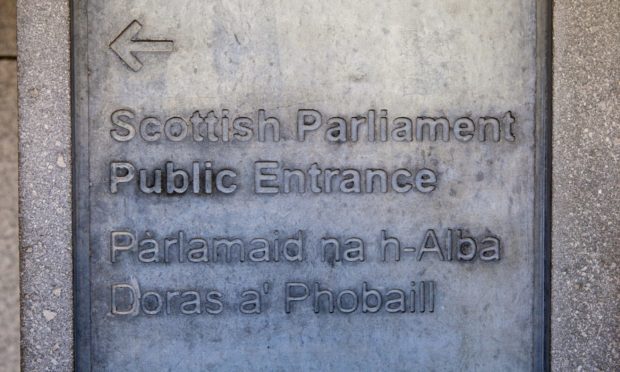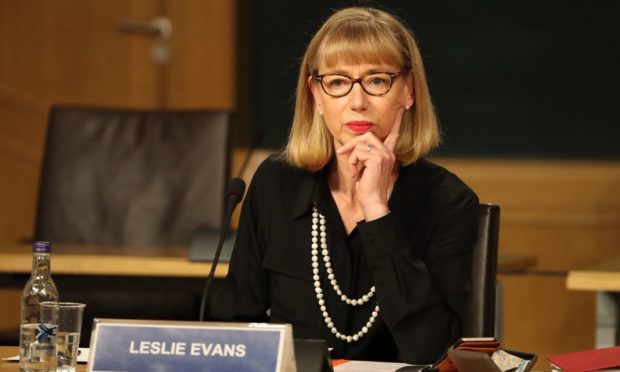The two women whose allegations were at the centre of Holyrood’s harassment inquiry said they had been “left to swim” without support from government.
Their experience of a flawed system is revealed in the final report of the Scottish Parliament’s probe into the way allegations about Alex Salmond were handled.
MSPs decided after months of deliberation the women were failed by “catastrophic” decisions and recommended major changes, including a new independent process.
But the report also brings together the ordeal of the two civil servants who raised concerns back in 2017 and say they are still having to cope with the protracted inquiries and their political fall-out.
The women who complained under the Scottish Government procedure are referred to as Ms A and Ms B in the report.
They described a culture in the government that needed dramatic improvement.
Behaviour was permitted and a blind eye was turned to it.”
On “inappropriate behaviour”, they said “there was complicity across a number of fronts in terms of people not challenging that behaviour”.
They added: “Leslie Evans, as permanent secretary, talked about the concept that what you permit, you promote. I have always thought that that is quite a nice encapsulation of this, and I think that it is a sad indictment of what happened at that time that such behaviour was permitted and a blind eye was turned to it.”
One woman told the committee the government lacked support and they were “left to swim”.
“I was quite taken aback by the lack of contact and support from the Scottish Government after the conclusion of its process,” the woman told the committee.
“We were given regular updates over the period of the judicial review, but after that we were basically just dropped. We went through the entirety of the police investigation and the criminal trial with next to no contact from the Scottish Government, let alone any kind of support.
“There might be good reasons for that, but I certainly expected something, given that the government initiated the police referral and given the duty of care for us as staff members or former staff members, which the government had placed a lot of emphasis on during the process. I was quite taken aback because it felt as though we were just left to swim.”
What set off the chain of events?
The women complained three years ago in a process that ended with Alex Salmond taking the government to court for a judicial review. A judge agreed the system had been tainted with bias and was “unlawful”.
MSPs then set up their own inquiry to see what went wrong. It led to claims First Minister Nicola Sturgeon had misled parliament in her accounts of meetings and discussions with key figures including Mr Salmond.
On Monday an independent report by Ireland’s former public prosecutor, James Hamilton, cleared Ms Sturgeon of claims she broke the ministerial code. But opposition MSPs are still pursuing her over claims she misled them at Holyrood.
Meanwhile, Mr Salmond was cleared of all charges in a criminal trial.
This has set back the #MeToo movement.”
‘Abuse and misrepresentation’
The two women reflect on the difficult time in their lives and told MSPs they want to see changes made.
“It has highlighted the inadequacies of the complaints process, but it has also shown the kind of circus that can bubble up around it,” the committee was told.
“One of the most distressing aspects has been to see media commentary on how this has set back the #MeToo movement, which is obviously the complete opposite of what any of us hoped to achieve by starting to put those things on the table.”

One of the women added: “It went from feeling that we had made people feel able to speak up — when they thought that they would never be able to — to feeling that we had just created a position that left them open to so much, often personally directed abuse and misrepresentation on social media, so it has been completely crushing”.
But the committee heard: “I hope that something positive can come out of this and that there is a much easier process for anyone who wants to come forward in future.”

